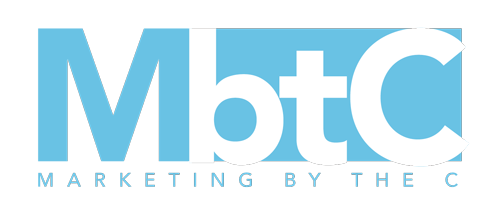Better Safe Than Sorry
Written by Carl Foisy
With marketing for locally owned business, there are many things to know and consider before making announcements or promotions. One reason why we offer Digital Literacy and Media Liaison services is because we’ve seen and dealt with many things that have hurt small businesses. Starting with some video basics with closed captions, to the more sophisticated ADA website solution, we’ve learned over the years that it’s always ‘better to be safe than sorry’ when making these business and marketing decisions.
We’ve had local business owners call us with questions about receiving a letter in the mail about their Domain registration and renewal, not knowing it’s a scam style of domain hijacking, and that their domain registrar would not be contacting them via snail mail, rather via email. BUT the ones who call are practicing the ‘better safe than sorry’ method, and are saved from falling for these tricks.
Same goes for using unauthorized images and graphics. It’s common for local business owners to assign social media management or graphic design to an employee or family member, but on many occasions, these folks do not understand the ramifications of using photos, graphics, likenesses etc., that they are unauthorized to use…and the bad situation a business can be put into if they are used. We suggest only using authorized photos and designs.
This also goes for specific terms and text, like using ‘The Big Game’ or ’SB’ to describe what non-football fans call Superb Owl. Up until Dec 2023 Taco Tuesday was off limits, but now we can use it all day! But, did you know we can’t use professional sports athlete names either? Better to ‘stay safe than sorry’ if you ask us.
Visually we also include proper warnings for high-flash and strobe scenes on video. Knowing there are many internet users with disabilities, and sensitivities to visual effects, we’ll always choose to take the high road on making sure users are warned so they can have the choice to view or not. Using these warning is not only ‘being safe vs. sorry’, but it’s also being conscientious to the users and their needs.
Unlike many old-time phrases, we believe the phrase ‘better safe than sorry’ is still one we should use, and practice…especially when marketing for local businesses.



